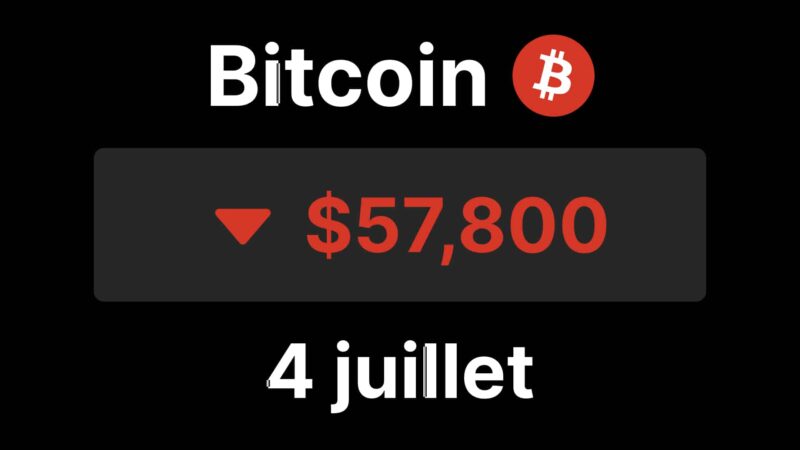The European Central Bank (ECB) has once again expressed reservations about cryptocurrencies, despite market optimism following the approval of Bitcoin ETFs by the US SEC.
Approval that does not convince the ECB
On February 22, Ulrich Bindseil, the Director General of Market Infrastructure and Payments at the ECB, and Jürgen Schaaf, an advisor in the same division, published a blog post on the ECB’s official website entitled provocatively: “The approval of ETFs for Bitcoin – the new clothes of the naked emperor.”
The authors contest the idea that the approval of Bitcoin Spot ETFs in the US confirms the security of investments in BTC, arguing that the real value of Bitcoin remains zero and that the current enthusiasm could turn out to be a “flash in the pan.”
Criticisms and concerns of the ECB
Bindseil and Schaaf reiterate the ECB’s criticisms of Bitcoin, including its inability to materialize as a global decentralized digital currency, its inadequacy as an investment, and the absence of social benefits or subjective appreciation based on remarkable skills. They also highlight the potential dangers of a new boom-bust cycle for society, including environmental damage and the redistribution of wealth to the detriment of the less informed.
The ECB executives acknowledge that the anticipation of ETF approval has influenced the price of Bitcoin, but remain cautious about the sustainability of this increase. They conclude that the ECB’s mission to control Bitcoin is far from over, calling on authorities to remain vigilant in protecting society against money laundering, cybercrime, financial losses for the less educated, and considerable environmental damage.
The debate surrounding a digital euro
In a column published on February 19, ECB executives, including board member Piero Cipollone, addressed counterarguments to claims that the introduction of a digital euro could cause a severe banking crisis and that banks risk losing deposits as a long-term source of refinancing.




